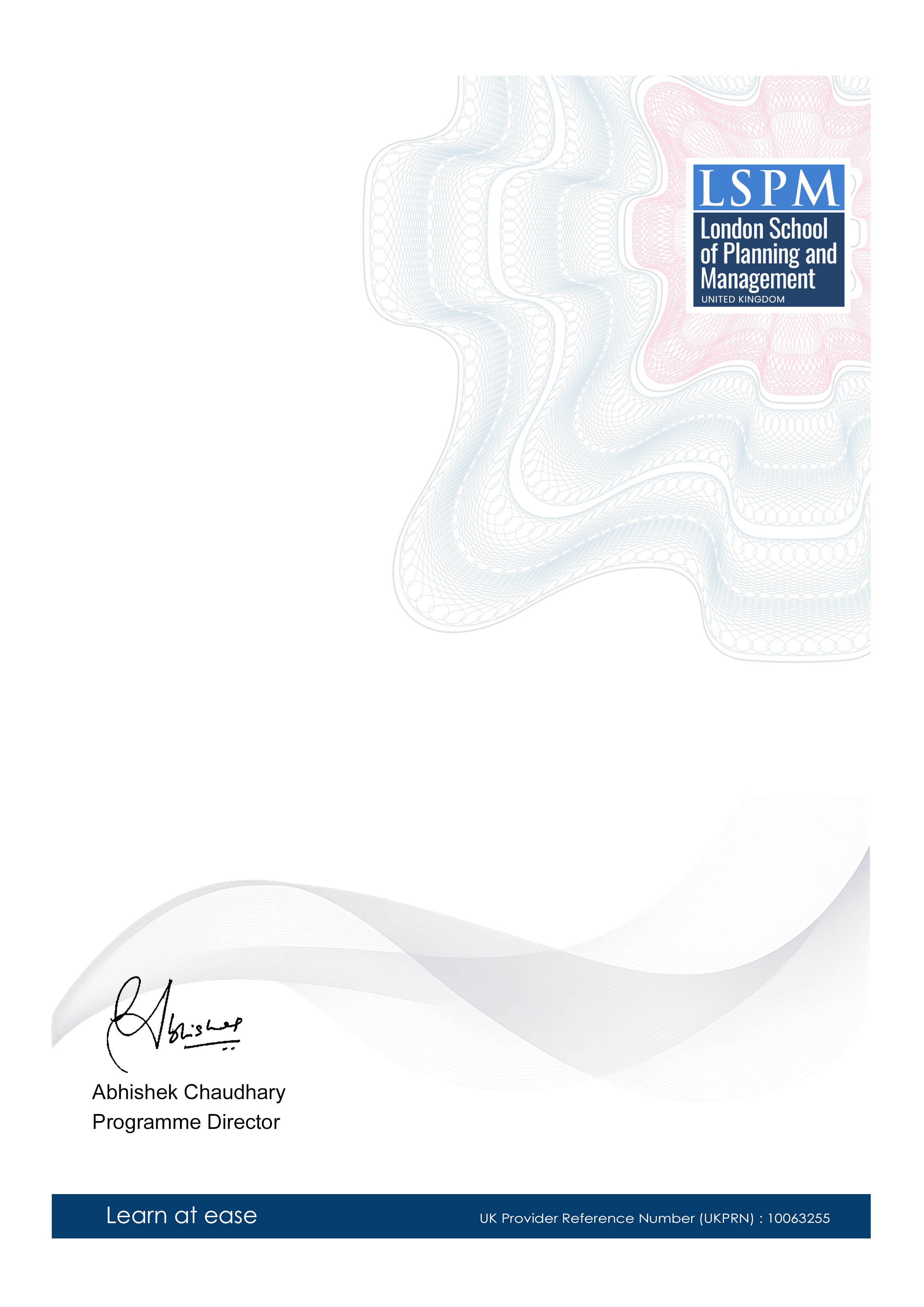Global Certificate Course in Food Safety Risk Assessment Techniques
-- viewing nowThe Global Certificate Course in Food Safety Risk Assessment Techniques is a comprehensive program designed to equip learners with critical skills in food safety risk assessment. This course is crucial in an industry where food safety is paramount, with increasing demand for professionals who can ensure compliance with regulatory standards.
2,485+
Students enrolled
GBP £ 149
GBP £ 215
Save 44% with our special offer
About this course
100% online
Learn from anywhere
Shareable certificate
Add to your LinkedIn profile
2 months to complete
at 2-3 hours a week
Start anytime
No waiting period
Course details
• Introduction to Food Safety Risk Assessment
• Hazard Identification in Food Safety
• Risk Assessment Methodologies and Models
• Exposure Assessment and Dose-Response Analysis
• Food Safety Data Analysis and Interpretation
• Case Studies in Food Safety Risk Assessment
• Food Safety Regulations and Compliance
• Emerging Issues and Future Trends in Food Safety Risk Assessment
• Good Practices in Food Safety Risk Assessment
Career path
Entry requirements
- Basic understanding of the subject matter
- Proficiency in English language
- Computer and internet access
- Basic computer skills
- Dedication to complete the course
No prior formal qualifications required. Course designed for accessibility.
Course status
This course provides practical knowledge and skills for professional development. It is:
- Not accredited by a recognized body
- Not regulated by an authorized institution
- Complementary to formal qualifications
You'll receive a certificate of completion upon successfully finishing the course.
Why people choose us for their career
Loading reviews...
Frequently Asked Questions
Course fee
- 3-4 hours per week
- Early certificate delivery
- Open enrollment - start anytime
- 2-3 hours per week
- Regular certificate delivery
- Open enrollment - start anytime
- Full course access
- Digital certificate
- Course materials
Get course information
Earn a career certificate

